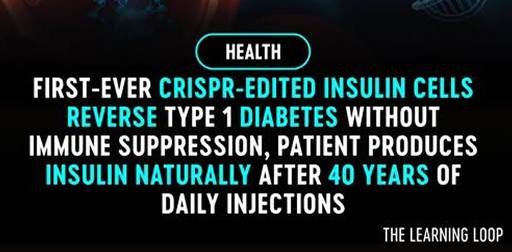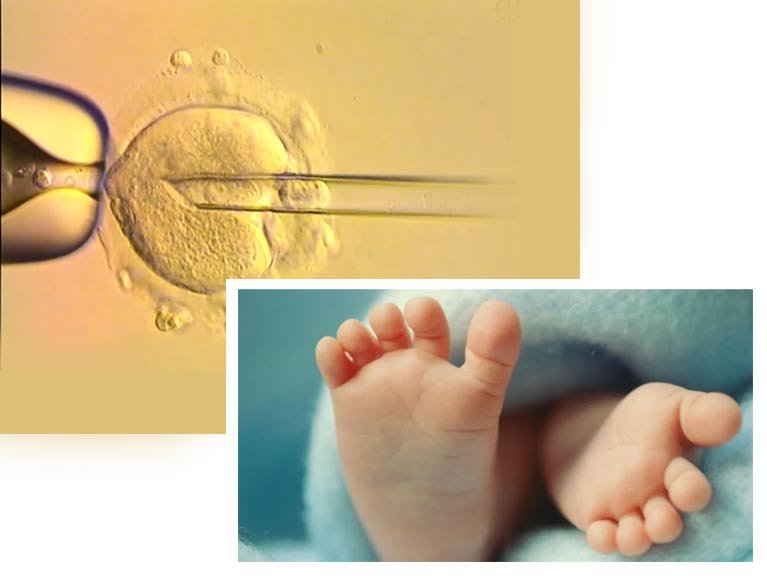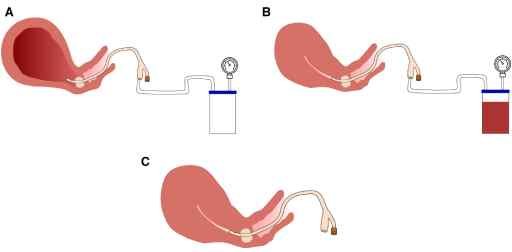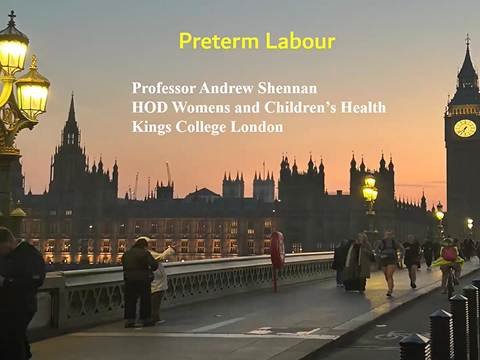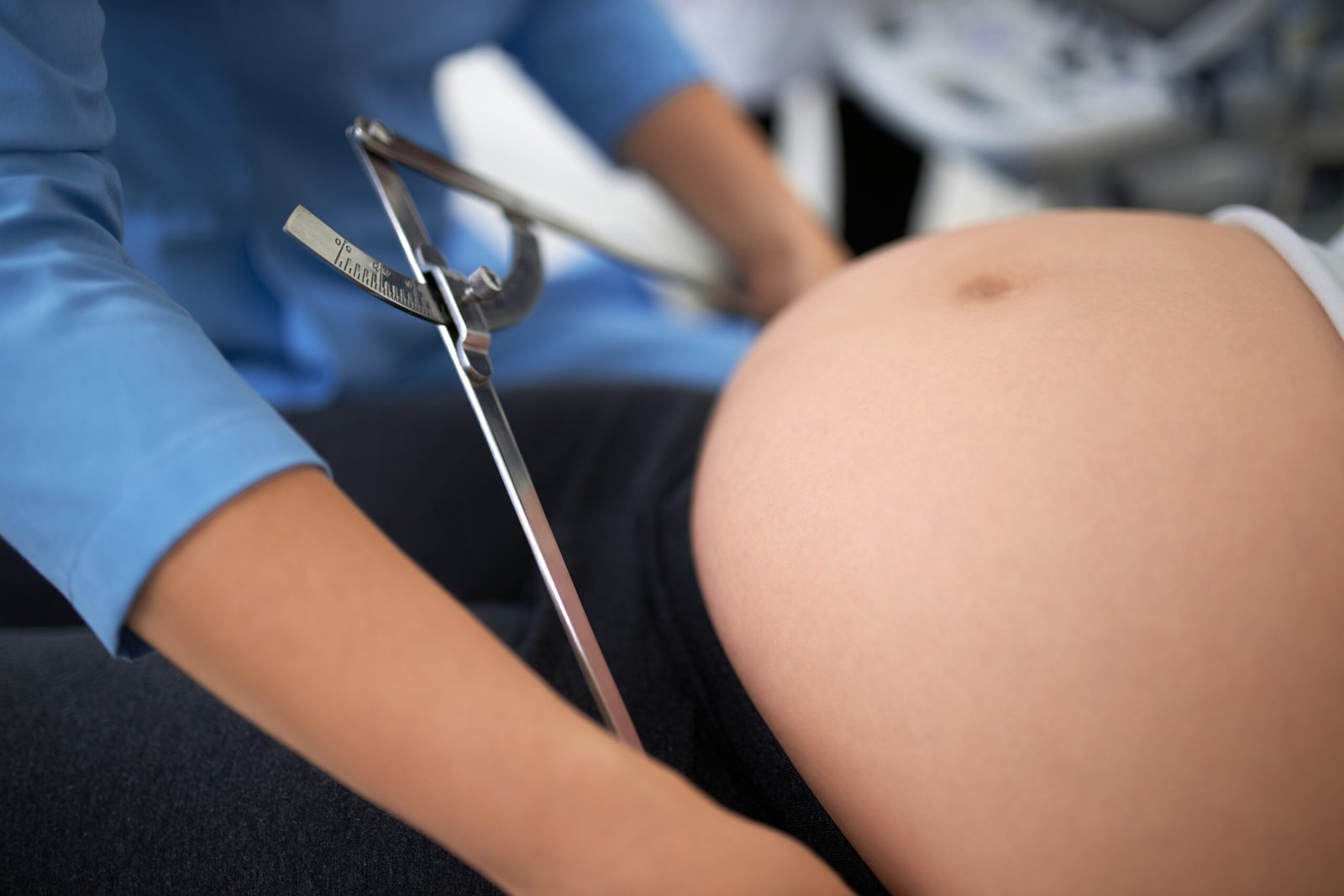Home > Resources > Resource Hub
High‑Risk Pregnancy Resources
Fetal Medicine & Diagnosis
Experience in Fetal Medicine
Additional Quality Educational Tools
Why Experience Counts in Fetal Medicine
Complex Decision-Making: Skilled interpretation (e.g. ultrasound, echo) requires practice—especially when precision matters in diagnosing anomalies .
Emotional Resilience: Studies show that fetal medicine often involves delivering difficult news, and seasoned professionals develop vital compassionate communication skills .
Improved Outcomes: Fellows and trainees report growing confidence in critical fetal assessments (like Doppler and growth scans) through real-world experience.
Implementation Tips:
Embed PDF links directly with clear titles and open-access labels.
Provide context: a brief sentence under each link helps users understand its relevance.
Highlight credibility: mention sources (SMFM, RCOG, ISUOG) and publication dates.
Babies Made Using Three People’s DNA Are Born Free of Hereditary Disease
Eight babies have been born in the UK using genetic material from three people to prevent devastating and often fatal conditions, doctors say.
The method, pioneered by UK scientists, combines the egg and sperm from a mum and dad with a second egg from a donor woman.
American Journal of Obstetrics & Gynecology
AJOG Surgeon’s Corner: Hemorrhage management using a Foley catheter for uterine suction – Stepwise application of the Foley catheter for uterine suction (FOCUS)
(A) Foley catheter is inserted in the lower uterine segment in the atonic uterus; (B) Foley catheter is connected to suction to provide vacuum-induced hemorrhage control; (C) Uterus with intrauterine Foley after vacuum-induced hemorrhage control.
(A) Foley catheter is inserted in the lower uterine segment in the atonic uterus; (B) Foley catheter is connected to suction to provide vacuum-induced hemorrhage control; (C) Uterus with intrauterine Foley after vacuum-induced hemorrhage control.
Lecture on Preterm labour by Andrew Shennan
Professor Andrew Shennan
HOD Womens and Children’s Health
Kings College London
HOD Womens and Children’s Health
Kings College London
Guidelines for antenatal and preoperative care in cesarean delivery: Enhanced Recovery After Surgery Society recommendations (part 1)—2025 update
R. Douglas Wilson, MD, MSc; David T. Monks, MBChB; Nadir Sharawi, MBBS; James Bamber, MBChB; Danielle M. Panelli, MD; Khara M. Sauro, PhD; Prakeshkumar S. Shah, MBBS; Giulia M. Muraca, PhD; Amy Metcalfe, PhD; Stephen L. Wood, MD; Caitlin A. Jago, MD; Sean Daly, MD; Lindsay E. A. Blake, EdD; George A. Macones, MD; Aaron B. Caughey, MD, PhD; Pervez Sultan, MBChB; Gregg Nelson, MD, PhD
Book Your Appointment Today

*For any Queries, Call Us at – 9230997445

